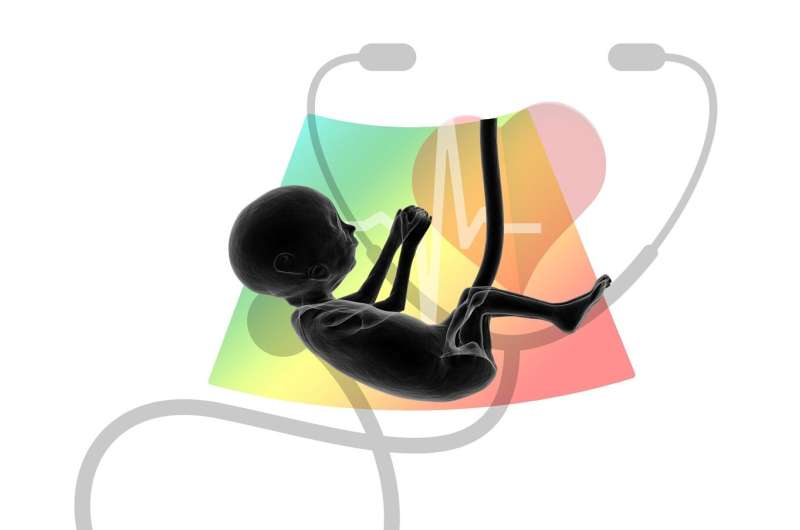This article has been reviewed according to Science X's editorial process and policies. Editors have highlighted the following attributes while ensuring the content's credibility:
fact-checked
trusted source
proofread
Prenatal exposure to antiseizure medication topiramate may not increase children's risk of autism spectrum disorder

Topiramate—an antiseizure medication prescribed to treat epilepsy as well as migraines and bipolar disorder—does not appear to increase the risk of autism spectrum disorder (ASD) among children exposed to it prenatally, according to a new study led by Harvard T.H. Chan School of Public Health.
The study was published in the New England Journal of Medicine.
Many studies have examined the neurodevelopmental impacts of prenatal exposure to valproate and lamotrigine, two other antiseizure medications commonly taken by people living with epilepsy. Most of these studies have linked valproate to a heightened risk of ASD among children exposed to it prenatally but have found no additional risk linked to lamotrigine. Research into the neurodevelopmental safety of topiramate, meanwhile, has been limited, with mixed findings.
"Our findings provide needed clarity on the possible neurodevelopmental impacts of this commonly used drug," said lead author Sonia Hernández-Díaz, professor of epidemiology. "While our primary analyses focused on mothers with epilepsy, the study has implications for moms and moms-to-be who live with other conditions treated by topiramate as well."
Using data recorded between 2000 and 2020 across two U.S. health care databases, the researchers identified a population-based cohort of nearly 4.3 million pregnant women and their children.
Children who had been exposed to topiramate during the second half of pregnancy were compared with children who had never been exposed to an antiseizure medication prenatally with respect to the risk of ASD. Children who had been exposed to valproate and lamotrigine during the second half of pregnancy were used as control groups.
The study found that at age 8, children born to mothers with epilepsy had a higher prevalence of ASD compared to children in the general population. Within the full study population, 1.9% of children who had never been prenatally exposed to an antiseizure medication were diagnosed with ASD.
For children born to mothers with epilepsy, the incidence was 4.2% with no exposure to an antiseizure medication, 6.2% with exposure to topiramate, 10.5% with valproate, and 4.1% with lamotrigine.
However, after adjusting for confounding variables, the researchers concluded that prenatal exposure to topiramate and lamotrigine was no longer associated with additional risk of developing ASD, while prenatal exposure to valproate remained associated with additional risk.
The researchers noted that this relationship between valproate and ASD is dose-dependent and that while topiramate appears safe from a neurodevelopmental standpoint, it remains linked with a higher risk of oral clefts. They also noted certain limitations of the study, including a substantial portion of children in the study population being lost to follow up before age 8.
More information: Sonia Hernández-Díaz et al, Risk of Autism after Prenatal Topiramate, Valproate, or Lamotrigine Exposure, New England Journal of Medicine (2024). DOI: 10.1056/NEJMoa2309359
Kimford J. Meador, Risks of Fetal Exposure to Topiramate, New England Journal of Medicine (2024). www.nejm.org/doi/10.1056/NEJMe2401164



















